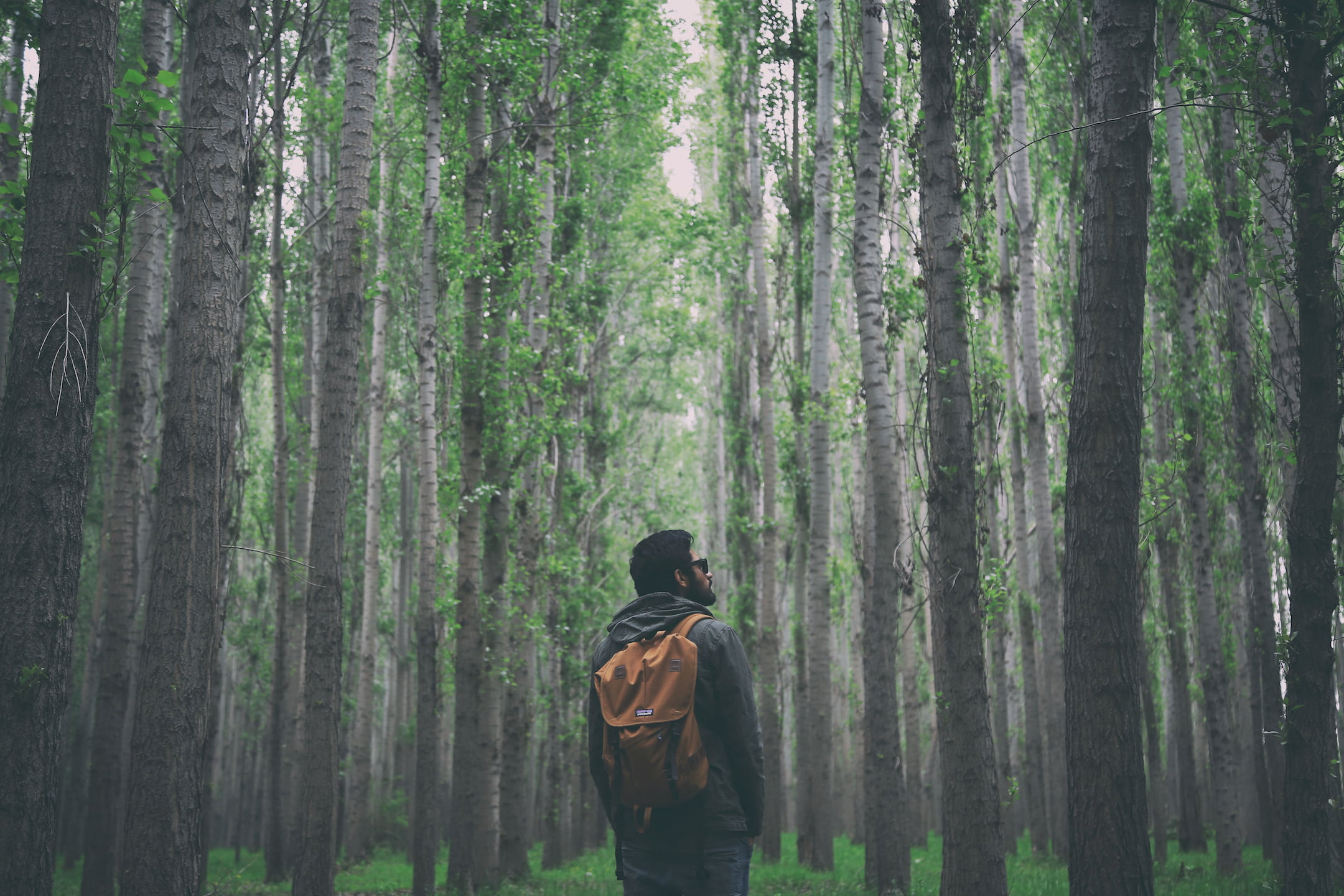By Sandra Nelson
With grocery store shelves emptying, schools closing, layoffs increasing, hospitals warning of patient overload, large public gatherings being banned and repeated pleas for extended periods of self-quarantine, the world is becoming a scary place. Every newscast, every online article and even our Facebook posts revolve around the pandemic and its sweeping physical, psychological and economic impacts to the world at large as well as to our own lives. The stress and anxiety are beginning to take a huge toll on people.
Relentless stress and its companion anxiety put people at risk of serious, chronic medical conditions “including heart disease, chronic respiratory disorders, and gastrointestinal conditions. Over time, they can even reduce life expectancies.” (Harvard Health Publishing) Experts further warn that high stress and anxiety, like many are experiencing now, can lead to episodes of depression, feeling of hopelessness and increased rates of suicide.
There is no magic bullet that will make all of the challenges we are facing instantly disappear. As a society, we simply have to learn to deal with our current stressors as best we can with the tools we have available to us. One highly effective, but sometimes forgotten, remedy, is never out of stock, suitable for all ages, and free of charge. (I have to warn you though — it can be highly addictive!) The treatment plan is simple: Take time each day to immerse yourself in a nature break.
For decades, people have instinctively recognized that spending time in nature is an essential part of our physical and mental well-being. John Burroughs, naturalist and essayist of the late 1800s, wrote “I go to nature to be soothed and healed, and to have my senses put in order.” John Muir, the American naturalist recognized as the founder of our national parks, once reflected, “In every walk with nature, one receives far more than he seeks.” Even Albert Einstein, as a scientist, spoke of the importance of nature to our lives, “Look deep into nature, and then you will understand everything better.” These men wrote from their instinctive need for and connection to the natural world, not from any recently published research data.
Today we seem to need scientific proof to affirm our beliefs. Luckily, we now have the research to verify what was already known to be true — connecting with nature makes us feel good. At least 100 long-range and short term studies conducted over the past 15 years have shown highly positive physical and mental health benefits resulting from time spent with nature. On the physical side, we know that nature related activities can lower blood pressure, reduce heart rate and decrease the levels of stress hormones in our systems. Simply being surrounded by nature, whether outdoors or indoors, can boost the immune system, the nervous system and the endocrine system.
Research subjects spending time walking in forests (known as forest bathing) have shown significant psychological benefits as well. After walking in the woods, subjects in a Japanese study showed a 55% increase in the parasympathetic nervous system, the system that controls relaxation. There were also changes in brain activity linked to anxiety and depression, and self-reporting indicated higher energy levels and enhanced feelings of happiness and satisfaction.
Even more intriguing though, is the research that environmental psychologist Rachel Kaplan, PhD and her husband Stephen, have been involved with at the University of Michigan in Ann Arbor. Their work, along with the work of others, proves nature to be so restorative that simply gazing at it through a window leads not only to improved health, but also a highly improved attitude. The Kaplans contend that viewing nature gives the brain a chance to step back, rest, and refocus from what it perceives as the “chaos” of the world. Since their original research was published, several other studies conducted in urban areas confirmed their research.You really can reduce your blood pressure and lower your stress hormones by simply gazing out a window onto green space. Additionally, if you can hear any of the three main sounds of nature — wind, water and birdsong, — then the nature break offers even greater stress reduction and wellness benefits.
Although experts agree that in order to thrive both physically and mentally,we do need to make time in our lives for green space, there is no standardized, recommended daily dosage of nature. It certainly isn’t necessary to block out several hours a day to immerse oneself in the outdoors. For most people, as few as five or ten minutes a day of some sort of involvement with nature — whether it’s a brisk walk around the block, a stroll through the backyard or even browsing a seed catalog to plan the summer garden — produces beneficial physical and emotional change.
It stands to reason then, that as our lives become increasingly stressful, the need for nature in our lives becomes essential to both our physical health and emotional well-being. Be kind to yourself and take the words of Hippocrates to heart:
The physician treats, but nature heals.
Starting today, spend time in nature.
If you can’t make it outside yourself, click on these links for some virtual outdoor adventures.
Brown bears playing in the water. https://explore.org/livecams/brown-bears/river-watch-brown-bear-salmon-cams
National park webcams.
https://quirkytravelguy.com/best-national-park-webcams/
Watching wildlife in the U.S. National Parks
https://www.nps.gov/subjects/watchingwildlife/webcams.htm










